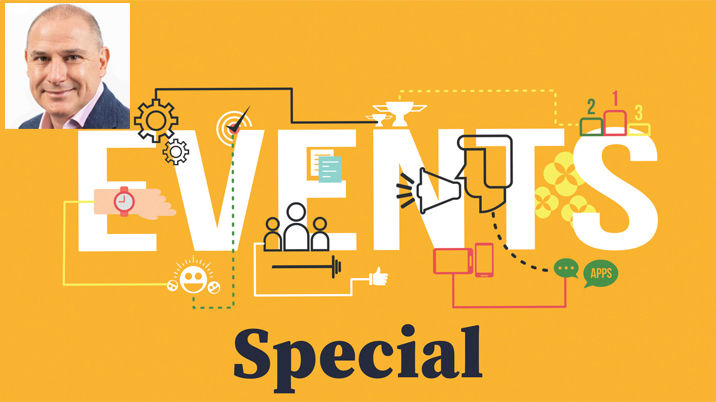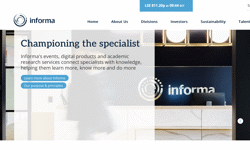
Q: What is best practice now?
A: Generating revenues from an event is just like any other go-to-market strategy. The key is to be clear on exactly what you are selling and to whom.
Your sales strategy is going to differ depending on where you see the revenues coming from.
To start with, I would recommend working out what percentage of revenues you expect to see from different sources.
For example:
- 50% of revenues from tickets
- 50% of revenues from sponsors
Once you have your revenue goals, you can plan out how many sales of each you are going to need, and this should determine your sales strategy at a high level.
A simple example is, if the goal is to generate £100k of sponsorship revenue and you anticipate promoting three main products: one ‘gold’ at £30k, two ‘silver’ at £10k and ten ‘bronze’ at £5k; this means you need to make thirteen sales in total.
Working backwards, on typical conversion rates, you are going to need to generate around 100-150 potential customers in the top of your funnel to achieve those types of numbers.
There are two approaches:
1. A strategic sales approach. Your time will be best spent profiling prospective customers and then building an ABM (account-based marketing) strategy to each of them.
This is a more involved and strategic approach than just buying a database, and could involve some 1-1, personalised materials (such as direct mail, gifting), or 1-few, where a high value piece of content is created and shared with your top prospects.
2. A marketing-led approach. Conversely, if you need to sell 1,000 tickets to attendees, you’ll need to take a much more marketing-led strategy to hit that volume.
This would entail focusing on driving engaging marketing content, distributing via a marketing automation platform and via social media (paid and organic), and then using ‘lead scoring’ to identify which prospects have engaged with the content.
This would involve a series of ‘nurture’ emails to build FOMO of not attending, and this can be aligned with a defined sales plan to follow those up to try to close the business.
A key consideration is to have different sales teams for each revenue stream as the skill sets are very distinct in these two approaches.
Sponsorship sales requires a more strategic salesperson who can build rapport and communicate value for high ticket investments.
Delegate salespeople are more transactional in the role and don’t necessarily require strategic skills, but they do need to be organised and methodical as they are dealing with far higher lead volumes.
Q: How do you see it changing in the future?
A: I don’t believe there will be a fundamental shift in sales and marketing in the future, more a continuation of what we have already seen.
But sponsorship sales has changed in that customers are now less engaged with actual sales teams.
Increasingly, prospects will research their purchases online, through reviews and peers before they engage.
So, your marketing needs to be good and you need to deliver your key value propositions early in the marketing / sales cycle.
However, the good news is that there is still a key role for salespeople to turn interest into action. Possible sponsors are deluged with a choice of how they spend their budget.
It’s by having an effective CRM system that can either surface that intent, or be easily searchable for specifics, that a salesperson can go from missing target to smashing it.
Three top tips
1. Plan your go-to-market strategy for the event in detail, break down the revenue streams and define targets and approaches for each.
2. Raise the quality of your marketing (either with key hires or agency support) as event sponsorship sales is no longer sales-led.
3. Ensure your CRM and tech stack supports your business and doesn’t get in the way.
Join John and the other contributors to our Events Special on Wednesday, 13 November for a Q&A webinar when you will have the opportunity to put questions to them.

Workbooks is a SaaS platform used by growing companies to run their business and engage effectively with their customers. Workbooks’ core CRM services extend beyond sales, marketing and customer services to include powerful marketing automation, event management, order management and fulfilment, invoicing and supplier management functionalities.
Email: success@workbooks.com
Web: www.workbooks.com
Tel: 0118 3030 100
This article was included in the Events Special, published by InPublishing in October 2024. Click here to see the other articles in this special feature.










